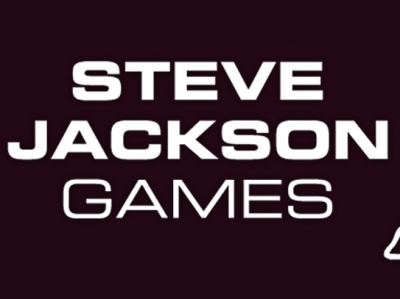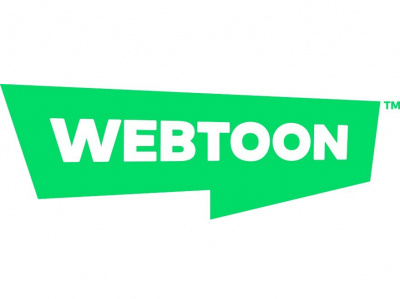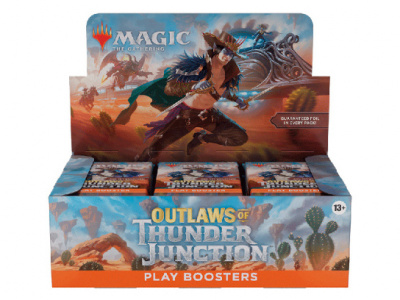 Rolling for Initiative is a weekly column by Scott Thorne, PhD, owner of Castle Perilous Games & Books in Carbondale, Illinois and instructor in marketing at Southeast Missouri State University. This week, Thorne looks at the potential downside of a new daily deal site for tabletop gaming.
Rolling for Initiative is a weekly column by Scott Thorne, PhD, owner of Castle Perilous Games & Books in Carbondale, Illinois and instructor in marketing at Southeast Missouri State University. This week, Thorne looks at the potential downside of a new daily deal site for tabletop gaming.Gamerati.com is a new website that offers daily compilations of gaming news on the website, as well as emailed to subscribers. The site incorporates the already existing Game Cryer review and the War Pig Radio podcasting sites and I'm not quite certain if those sites will get incorporated into the Gamerati site or if the Gamerati page will just serve as a landing page directing readers with the individual sites remaining. I don't see any direct links from WarPig or Game Cryer back to the Gamerati main page.
However, the part of the Gamerati website attracting the most attention at the launch is the Loot page. The Loot page functions similarly to Living Social or other Daily Deal sites. The site offers a deeply discounted gaming item (up to 75% off according to the page) but the deal is only good for one day it appears (according to the site, new items are posted 3 times a week). I'm not sure how many items the site has offered so far, but the one I caught was from Lone Wolf Publishing, offering a download of their Army Builder software, regularly selling for $39.95, for only $19.95.
This raises concerns among retailers, since for those carrying miniatures, the packaged Army Builder software is an evergreen product. We keep one or two copies in stock on a regular basis alongside the Games Workshop miniatures. It's not a fast selling item but we sell 4-5 copies per year. I'm not too concerned about its appearance on the Loot website one time since customers only have a day or so to purchase the download and desire will have to meet opportunity for them to take advantage of it. What will concern us is if Army Builder (or any other product) shows up regularly on the Loot website as that will permanently devalue the price of the software (or any other product) in the mind of the consumer and if customers sign up for email delivery of the daily Loot item., thus putting it right in their inbox, rather than them having to visit the website.
K-mart, back when they were a major player in the retail industry, had a similar problem. The company ran discounts on the same consumer products 4 to 6 times a year. Consumers learned to anticipate the upcoming price reductions and plan their purchases accordingly, buying enough soap, toothpaste, etc. to last until the next time the product went on sale. Most people will only take advantage of a Loot deal once, since most gaming products have a longer lifespan than a tube of toothpaste. However the same principle applies. If a company gets a reputation for putting items up on Loot, customers will start anticipating the next posting and hold off purchasing at full retail.
Companies could avoid this by using Loot to eliminate discontinued or out of print merchandise which would do less potential damage to their pricing structure but then, but that is counter to how Loot wants to position itself. Like other daily deal sites, Loot wants (or should want to) position itself as the site where the gaming public can find great deals on hot gaming products, not deep discounts on long out of print 3.0 Dungeon & Dragons sourcebooks. I imagine a number of retailers will keep a close eye on the Loot site, watching to see which publisher partners with the site and what products appear on it.
The opinions expressed in this column are solely those of the writer, and do not necessarily reflect th views of the editorial staff of ICv2.com.







